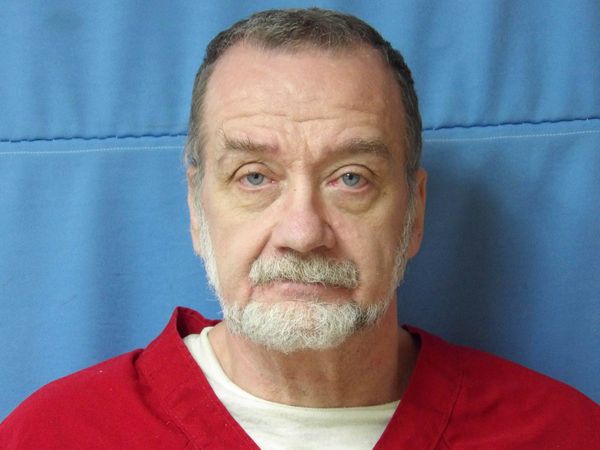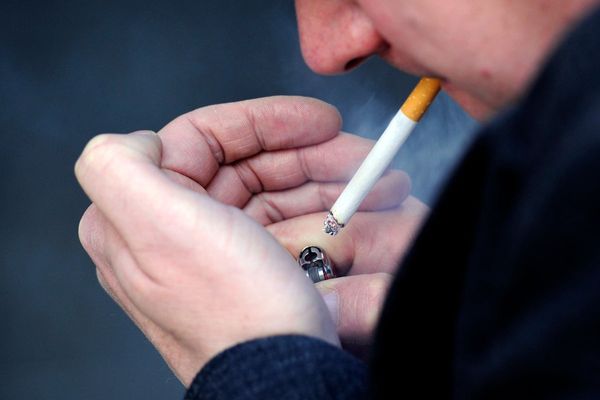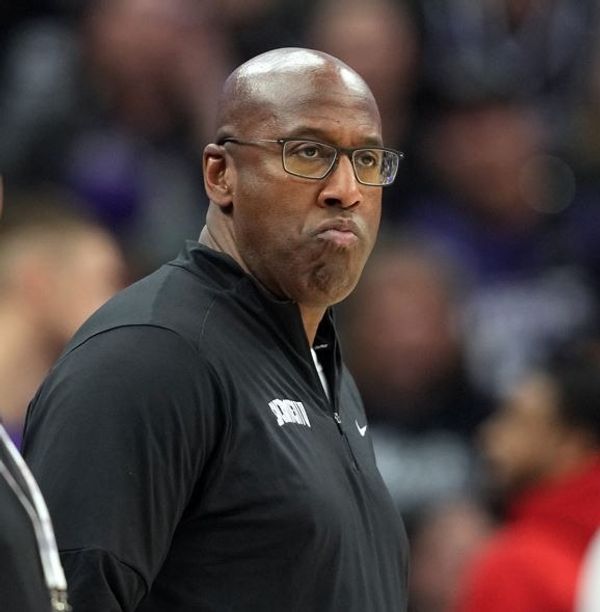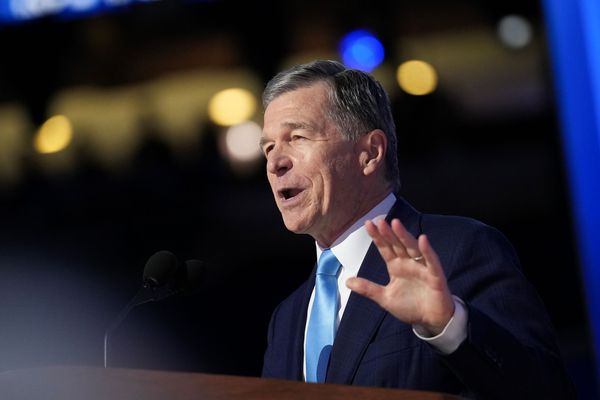WASHINGTON _ Sen. Marco Rubio laid out the scale of Venezuela's migration crisis, Sen. Bob Menendez hammered the Cubans and Russians who are propping up Nicolas Maduro's violent security forces, and USAID director Mark Green acknowledged that U.S.-backed humanitarian aid currently can't get inside Venezuela.
The ongoing crisis in Venezuela that, according to Rubio, has led to 3.4 million Venezuelans leaving the country is on par with those in other countries like El Salvador and Haiti, whose citizens residing in the U.S. received temporary protected status in years past.
But the Trump administration hasn't made a decision on extending the program to Venezuelans.
Elliott Abrams, the Trump administration's special envoy for Venezuela, said temporary protected status for Venezuelans residing in the United States is currently "under review," during a Senate Foreign Relations Western Hemisphere subcommittee hearing on Thursday chaired by Rubio. Abrams' public remarks come days after unnamed sources said the White House was weighing TPS for Venezuelans.
As a Senate hearing room packed with security officers and people in Venezuelan flag hats listened in, Abrams responded to a line of questioning on TPS by Sen. Ben Cardin, D-Md.
"What is the administration's policy with regards to those who are coming to our border? Do you support their being welcome in the United States if they seek asylum and being protected under TPS status?" Cardin asked.
"We have this policy under review right now," Abrams said. "I would say that there are 74,000 asylum applications right now from Venezuela."
Cardin didn't appear satisfied with that response in a room filled with pictures of malnourished children next to images of an overweight Maduro.
"What is there to review?" Cardin asked. "We've all pointed out the urgency of this situation; this is not a matter that can wait. I'm somewhat puzzled as to what there is to review."
Abrams responded that he plans to discuss the issue with Secretary of State Mike Pompeo, though the Department of Homeland Security will have the final say of granting TPS to Venezuelans living in the United States, a community that is concentrated in Miami-Dade and Broward counties.
"I will happily take this back to discuss with the secretary. We'll move forward on that," Abrams said.
Abrams, a longtime diplomat and White House official under three different Republican presidents, did not receive a hostile reception from Senate Democrats as he did three weeks ago during a House hearing. In that appearance, Minnesota Democratic Rep. Ilhan Omar questioned his past work supporting violent paramilitary groups in El Salvador and his withholding information from Congress about his involvement in the Iran-Contra affair.
Abrams did acknowledge that he secretly met with Maduro's foreign minister in February, weeks after the United States and dozens of other countries acknowledged Juan Guaido as the country's legitimate leader. He declined to discuss the specifics of those conversations. He also met with Russia's ambassador in the U.S. but hasn't yet met the Chinese on the issue. Russia and China hold billions in Venezuelan debt, and have provided resources to Maduro as other countries decided to back Guaido.
Thursday's hearing, the first Senate hearing on Venezuela since the U.S. recognized Guaido, was filled with Rubio supporters and a few anti-intervention protesters, though they did not interrupt proceedings.
"The humanitarian, political and economic crisis is not just a Venezuelan crisis, it is a regional crisis," Rubio said. "Since the year 2014, 3.4 million, by many estimates, Venezuelans have fled Venezuela. That is 10 percent of the nation's population that has left the country. As a point of reference, if 10 percent of the U.S. population had left over five years it would be the equivalent of every person living in Florida, Maryland and Massachusetts leaving the country over a five year period."
Some Democrats pushed Abrams on President Donald Trump's repeated statements that "all options are on the table" regarding military force in Venezuela, arguing that such statements allow Maduro to paint the U.S. as an imperialist boogeyman.
"I think generally the work is very, very good," Virginia Democratic Sen. Tim Kaine said. "I think it really creates problems if the message gets mixed with a military threat. Loose talk about military action cements and emboldens dictators."
But Abrams and USAID director Green repeatedly said that military force is not the desired path to oust Maduro.
"I have been part of absolutely no conversations whatsoever that have talked about military intervention," Green said.







